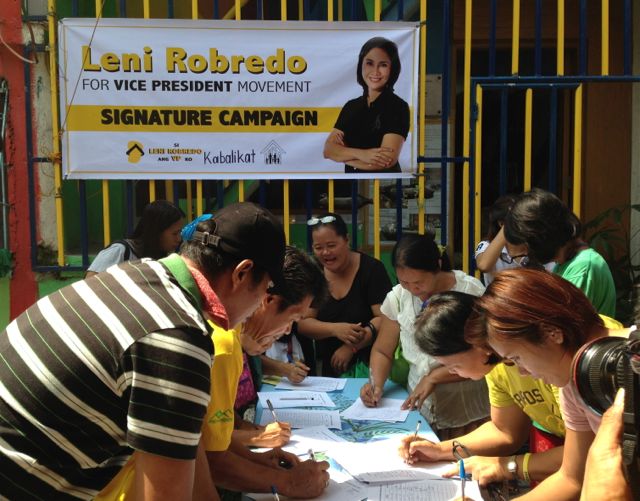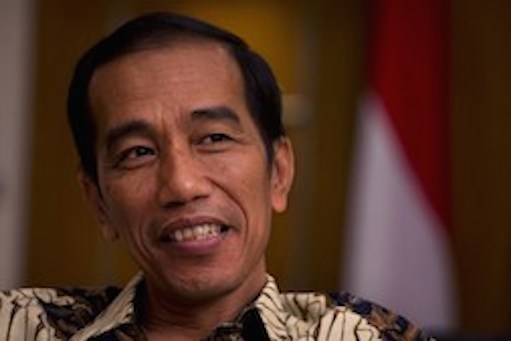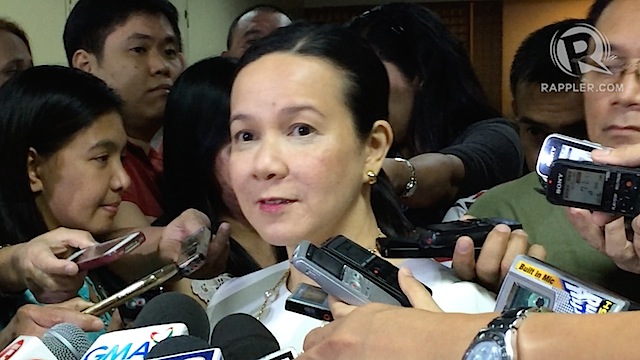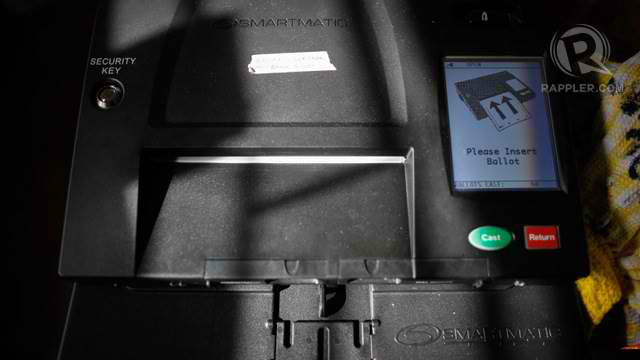
SEOUL, South Korea (UPDATED) – North and South Korea agreed Tuesday, September 8, to hold a reunion in October for families separated by the Korean War, following all-night talks between their respective Red Cross branches.
The reunion – only the second to be held in 5 years – will take place between October 20-26 in North Korea's Mount Kumgang resort, the South's Unification Ministry said.
Seoul was understood to have been pushing for an earlier date – before North Korea celebrates the 70th anniversary of the founding of its ruling Worker's Party on October 10.
There are concerns Pyongyang might use the occasion to engage in a provocative act that could scupper the reunion altogether.
The Red Cross talks began Monday morning, September 7, in the border truce village of Panmunjom and, according to the South's Unification Ministry, ran through the night with only occasional breaks.
The chief South Korean delegate, Lee Duk-Haeng, confirmed that his side had requested a reunion at the "earliest possible date", but the North side demurred, citing the lengthy Chuseok holiday in late September and preparations for the ruling party anniversary.
According to the agreement, 100 people will be selected by each side to take part in the week-long event.
The effort to organize a reunion was the product of an accord the two Koreas reached two weeks ago to end a dangerous military standoff and reduce cross-border tensions.
Lingering tensions
Pyongyang has already accused Seoul of spinning the settlement as a North Korean climbdown, and warned that it would tear up the entire deal – including the family reunion – if the South continued making "wild remarks".
North Korea is planning a massive military parade on October 10 to mark the 70th anniversary of the founding of its ruling Workers' Party.
There has been speculation that it might also launch a long-range rocket – a move that would trigger fresh UN sanctions and raise tensions on the divided peninsula.
Millions of people were separated during the 1950-53 Korean War conflict that sealed the division between the two Koreas.
Most died without having a chance to see or hear from their families on the other side of the border, across which all civilian communication is banned.
About 66,000 South Koreans – many of them in their 80s or 90s – are on the waiting list for an eventual reunion, but only a very limited number can be chosen each time.
The reunion program began in earnest after a historic North-South summit in 2000, and was initially an annual event.
But strained cross-border relations have allowed only one reunion in the past five years, with several being cancelled at the last moment by North Korea.
Tough selection process
For those on the waiting list, the reunion selection process is an emotional roller-coaster – raising hopes of a meeting they have longed for but which, statistically, they are very unlikely to experience.
For the last event in February 2014, a computer was used to randomly select 500 candidates, after taking age and family background into account.
That number was reduced to 200 after interviews and medical exams, and the final list of 100 was drawn up after checking if relatives were still alive on the other side.
And even after all that, the reunion almost never happened, with 11th-hour, high-level negotiations required to prevent the North canceling over South Korea's refusal to postpone annual military drills.
Lee Duk-Haeng said the South planned to hand over the names of 50 South Koreans believed to have been held as prisoners of war in the North.
If any are found to be alive, their relatives in the South will be given a priority slot in Seoul's final list of 100 participants, he said.
For the lucky ones who do take part, the reunions are hugely emotional – almost traumatic – affairs, with many of the elderly participants breaking down and sobbing as they cling to each other.
They typically last several days and the joy of the reunion is tempered by the pain of the inevitable – and this time permanent – separation at the end.
Because the Korean War concluded with an armistice rather than a peace treaty, the two Koreas technically remain at war and direct exchanges of letters or telephone calls are banned. – Park Chan-Kyong, AFP / Rappler.com


































